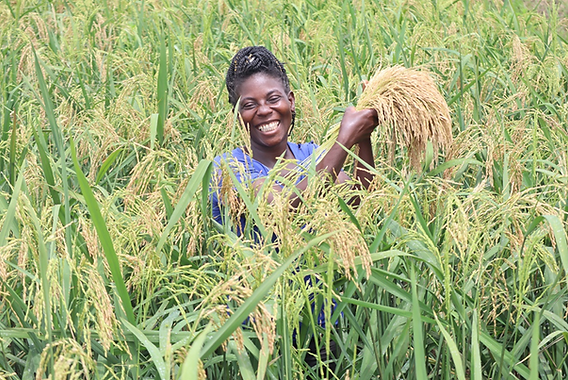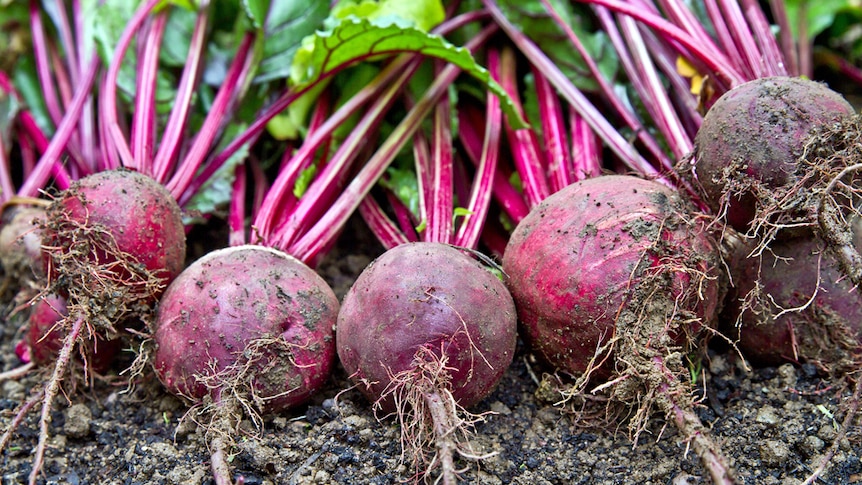JAPAN EXTENDS RICE DEVELOPMENT PROJECT BY THREE YEARS

- MACHONA KASAMBALA
- 13 Aug, 2025
JAPAN EXTENDS RICE DEVELOPMENT PROJECT BY THREE YEARS
By MACHONA KASAMBALA
THE Government of Japan has extended its support to the development of rice production in the country by three more years.
This follows the signing of documents for the second phase of the Market-Oriented Rice Development Project (MOReDeP) by the Government of Zambia and the Japan International Cooperation Agency (JICA).
Ministry of Agriculture, Permanent Secretary for Technical Services, John Mulongoti, expressed sincere gratitude to the government and the people of Japan for their unwavering support and commitment to Zambia’s development priorities as envisioned in the Eighth National Development Plan and the Vision 2030.
Mr Mulongoti says the successful implementation of the first phase of the MoReDep project, which has enhanced rice production and productivity as well as built resilience among rice farmers in Zambia, is a clear demonstration of commitment and well-aligned partnerships.
“As we embark on the second phase of this project, we do so with renewed energy and a clear sense of purpose and reaffirm the government's full commitment to the success of this phase by providing an enabling policy environment and the necessary institutional support,” Mr Mulongoti assured.
He says the extension of the project will build upon the foundations that have been previously laid by expanding the scope and deepening the impact, particularly in areas of rice research, productivity, rural rice enterprise development, and capacity building at both institutional and community levels.
“We believe that MoReDeP 2 comes at a critical time as we continue our efforts to transform the rural economy and align it with our national development frameworks and the sustainable development goals, as the project embodies principles of inclusivity, sustainability, and innovation,” he added.
The cooperation period for phase one of the Market-Oriented Rice Development is six years, from October 2019 to September 2025, while the second phase will run for the next three years in the target project areas of Luapula and Western provinces.
And MOReDeP Team Leader Fujiie Hitoshi said the results of the evaluation of the first phase revealed the project has surpassed the targets it set, by more than four times, in terms of increased rice production and increased incomes of rice farmers.
Dr Hitoshi disclosed that the project targeted to increase rice production in Luapula and Western provinces by 30 percent, but increased to 165 percent, while the income target increased to 140 percent from the target of 40 percent.
“From 2020 to 2024, more than 4,000 farmers were trained in rice production techniques to increase rice production from 1.71 tonnes per hectare to an average of 2.08 tonnes per hectare in the target areas.” Dr Hitoshi noted.
He adds that using the rice cluster approach, the volume of sales by selected rice cluster farmers increased significantly from 36.4 tonnes to 597.6 tonnes. -NAIS
Leave a Reply
Your email address will not be published. Required fields are marked *



.jpg)








.jpeg)
